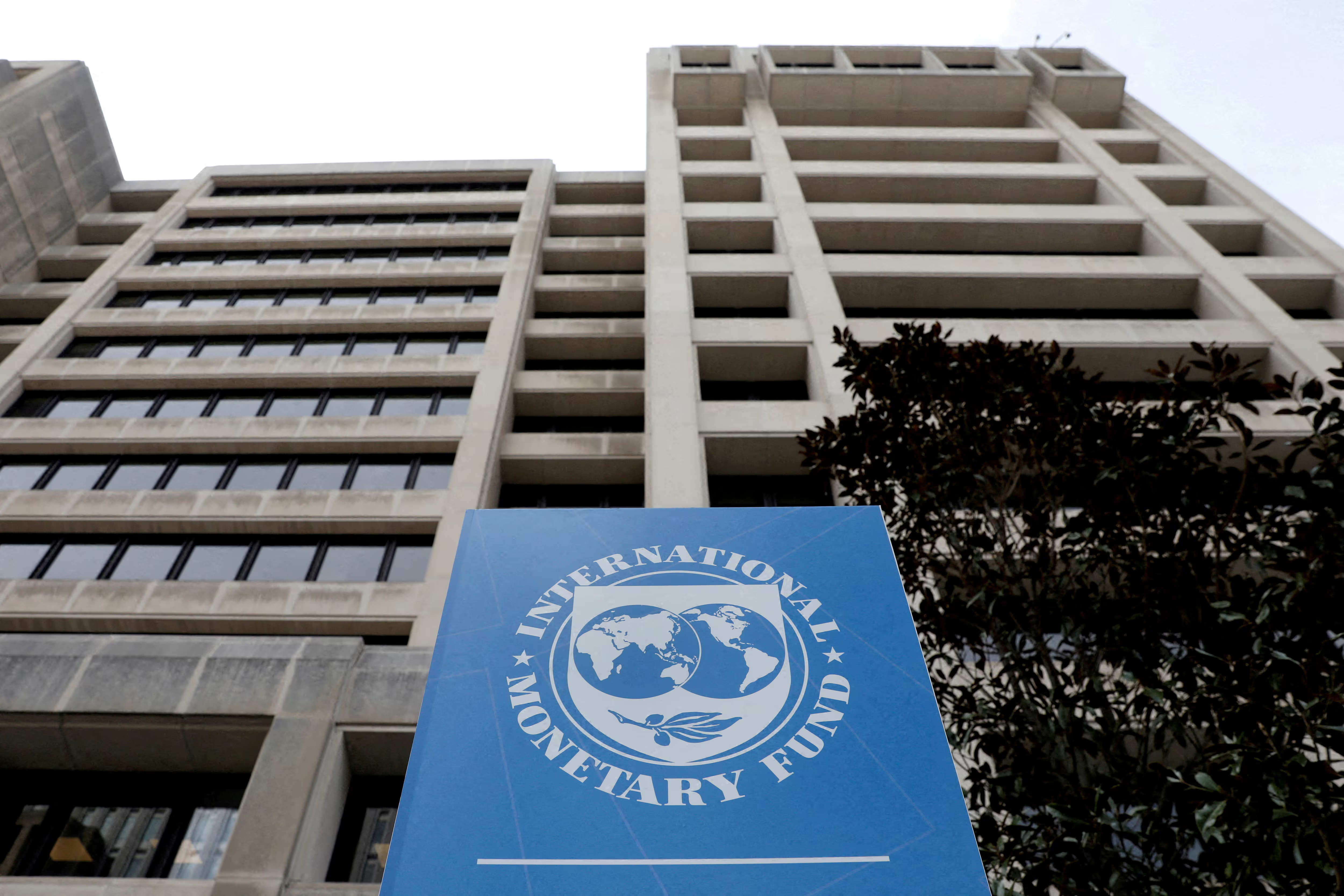IMF Warns of Economic Risks as Trade Tensions and Tariffs Loom Over Asia
The International Monetary Fund (IMF) has issued a warning about the potential economic risks posed by escalating trade tensions and retaliatory tariffs in Asia. Speaking at a forum on systemic risk in Cebu, Krishna Srinivasan, IMF’s Asia-Pacific Director, highlighted the detrimental impact of “tit-for-tat” tariffs on the region’s economic prospects, supply chains, and overall growth trajectory.
Asia has long been a key driver of global economic growth, consistently outperforming other regions. However, Srinivasan cautioned that escalating trade disputes and retaliatory tariffs could disrupt this momentum, particularly by creating longer and less efficient supply chains.
He described these developments as a direct threat to the region’s growth prospects, potentially leading to higher costs and reduced economic efficiency.
“The tit-for-tat retaliatory tariffs threaten to disrupt growth prospects across the region, leading to longer and less efficient supply chains,” Srinivasan stated, underscoring the widespread economic risks associated with such policies.

The IMF’s concerns come against the backdrop of growing protectionist measures across the globe. U.S. President-elect Donald Trump’s plans to impose a 60% tariff on Chinese goods, alongside a 10% levy on all other imports, have raised alarms about the potential consequences for global trade. Such policies could hinder trade flows, slow economic growth in export-dependent nations, and elevate inflationary pressures in the United States.
READ ALSO: Iran Denounces EU and UK Sanctions on Shipping Lines as Unjustified
In response to these inflationary risks, the U.S. Federal Reserve might be compelled to tighten monetary policy, despite ongoing concerns about weak global growth. Higher interest rates in the United States could exacerbate financial pressures on emerging economies, particularly in Asia, by influencing capital flows and exchange rate dynamics.
In a parallel development, the European Union recently increased tariffs on Chinese-manufactured electric vehicles to as much as 45.3%. This move has sparked retaliation from Beijing, further adding to the global trade tensions. The tit-for-tat measures risk amplifying uncertainty for global markets and eroding the benefits of cross-border trade, especially for Asia, which is intricately linked to global supply chains.
Despite these challenges, Asia remains a bright spot in the global economy. The IMF’s latest World Economic Outlook predicts global economic growth of 3.2% for both 2024 and 2025, significantly lower than its forecasts for Asia. The region is expected to grow by 4.6% in 2024 and 4.4% in 2025, reflecting its resilience and potential to drive global economic recovery.

However, Srinivasan warned that Asia is navigating a “period of important transition,” marked by heightened uncertainty. Escalating trade tensions, coupled with monetary policy shifts in advanced economies, pose acute risks to the region. The ripple effects of these developments could impact capital flows, exchange rates, and financial markets, creating new challenges for policymakers in Asia.
To mitigate these risks, the IMF emphasized the importance of policy coordination and multilateral cooperation. Asian economies must work together to maintain open trade and prevent the erosion of global supply chains. Additionally, adapting monetary and fiscal policies to address external shocks will be critical in ensuring long-term stability and growth.
READ ALSO: Oil Prices Climb Amid Escalating Russia-Ukraine Conflict and Global Demand Uncertainty
As trade tensions continue to rise, Asia finds itself at a crossroads. While the region’s economic resilience remains a source of optimism, the risks associated with retaliatory tariffs, inflationary pressures, and financial market volatility cannot be ignored.

Policymakers must strike a delicate balance between protecting their domestic economies and fostering international cooperation to ensure sustainable growth in an increasingly uncertain global landscape.
The IMF’s warning serves as a timely reminder of the interconnectedness of the global economy and the importance of avoiding policies that could undermine the progress made in recent decades. For Asia, navigating these challenges will require a mix of adaptability, collaboration, and a commitment to maintaining its role as a key engine of global growth.

